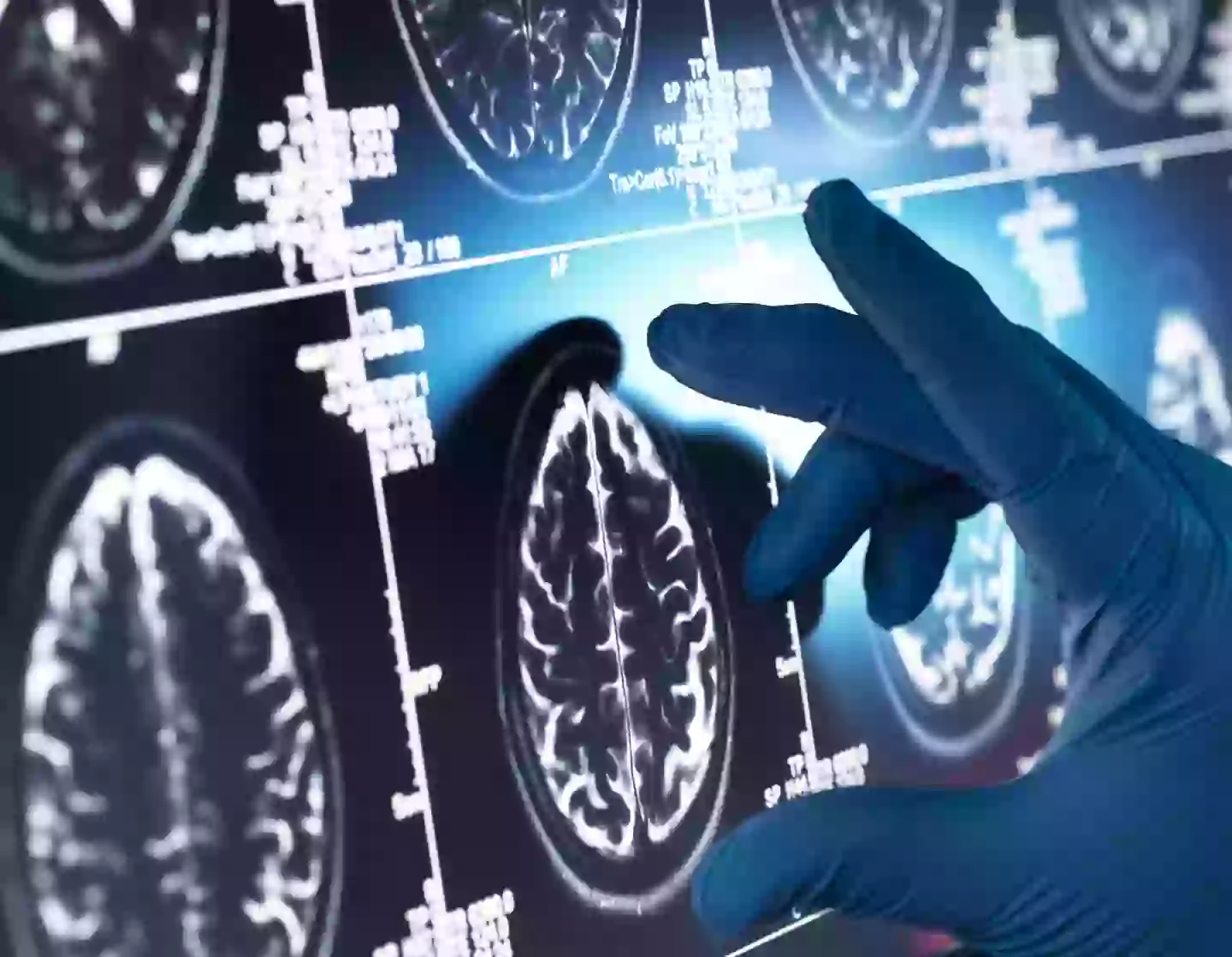After British broadcaster Fiona Phillips opened up about her early Alzheimer’s symptoms, UCLA scientists have identified four main routes that often lead to the disease. Alzheimer’s is a brain condition that affects memory, thinking, and daily tasks, and early-onset cases occur before age 65.
Fiona shared her experience of brain fog, anxiety, and mood swings, which she first thought were menopause-related but later realized were signs of Alzheimer’s.

The UCLA study, published in eBioMedicine, reviewed data from nearly 25,000 people and found four distinct pathways leading to Alzheimer’s:
One involves mental health issues like depression, which significantly raise dementia risk, especially if diagnosed in midlife.
Another is encephalopathy, where brain function worsens due to genetics, illness, or injury.
Mild cognitive impairment, characterized by noticeable memory or thinking problems, can also develop into Alzheimer’s.

Finally, vascular diseases like high blood pressure can damage brain vessels and contribute to cognitive decline.
The research showed these pathways often happen in order, such as vascular problems leading to depression, increasing Alzheimer’s risk. Dr. Timothy Chang highlighted that recognizing these patterns can improve early diagnosis.


